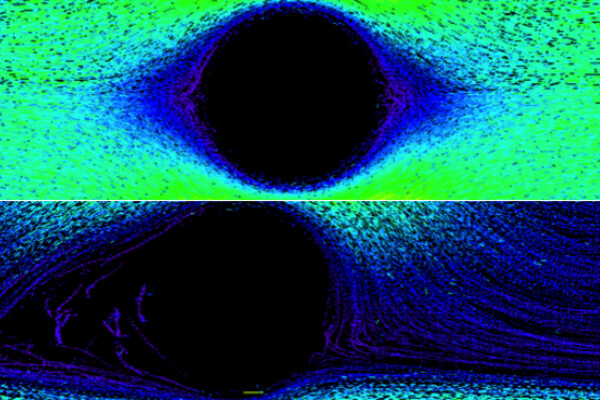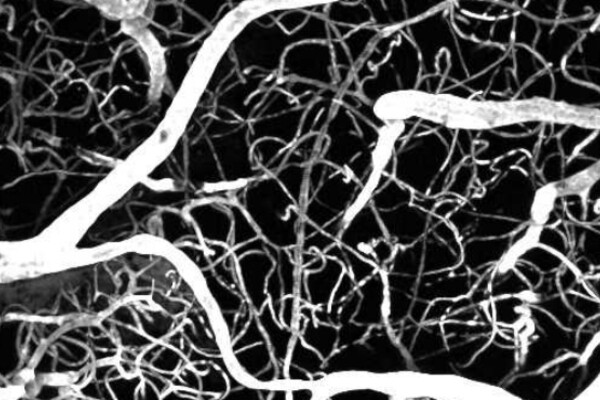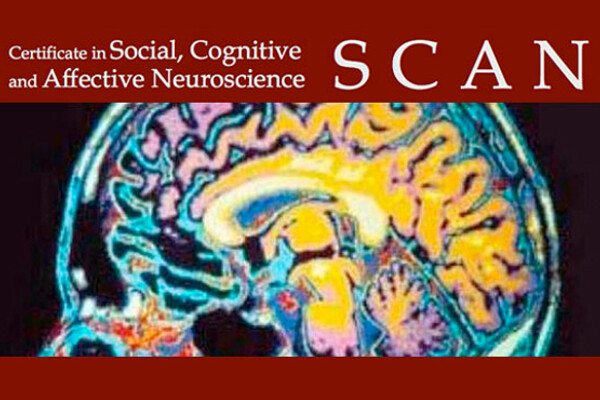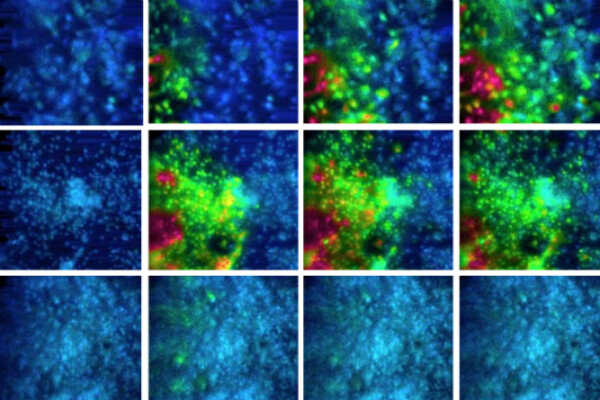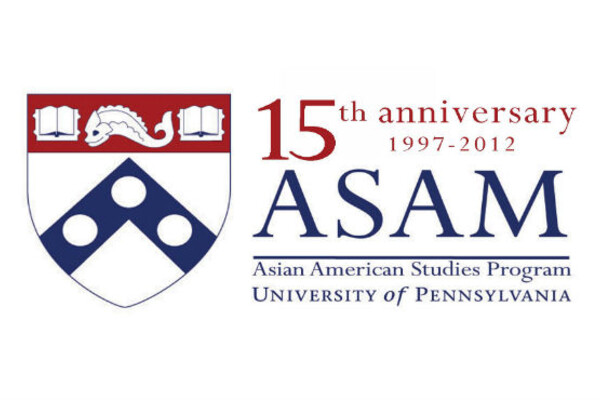4/16
Penn Vet Working Dog Center Collaborating on Ovarian Cancer Detection Study
In a unique, interdisciplinary collaboration, the University of Pennsylvania School of Veterinary Medicine’s Working Dog Center, The School of Arts and Science's Department of Physics and Astronomy, Penn Medicine’s Division of Gynecologic Oncology and the Monell Chemical Senses Center have joined together to study ovarian cancer detection by dogs and e-sensors.
Penn Research Helps to Show How Turbulence Can Occur Without Inertia
Anyone who has flown in an airplane knows about turbulence, or when the flow of a fluid — in this case, the flow of air over the wings — becomes chaotic and unstable. For more than a century, the field of fluid mechanics has posited that turbulence scales with inertia, and so massive things, like planes, have an easier time causing it.
Binge Eating Curbed by Deep Brain Stimulation in Animal Model, Penn Study Shows
Deep brain stimulation (DBS) in a precise region of the brain appears to reduce caloric intake and prompt weight loss in obese animal models, according to a new study led by researchers at the University of Pennsylvania.
Penn Research May Help Drastically Reduce Cost of Powerful Microscope Technique
A dye-based imaging technique known as two-photon microscopy can produce pictures of active neural structures in much finer detail than functional magnetic resonance imaging, or fMRI, but it requires powerful and expensive lasers.
Penn Introduces Interdisciplinary Neuroscience Certificate
This fall, the University of Pennsylvania’s Center for Neuroscience and Society will partner with the School of Arts and Sciences to offer a first-of-its-kind program that aims to educate non-scientists about the workings of the brain.
Penn Talks Gun Violence with Capt. Mark Kelly
WHAT: “Finding Common Ground: Moving Forward,” a gun violence prevention event, hosted by the University of Pennsylvania School of Social Policy & Practice. Includes a screening of “
Social Impact Millionaires: Penn’s Wharton School Advances With Mayor’s Challenge
A group of Wharton students and faculty recently helped Philadelphia receive a million dollars. As one of five winners in the Bloomberg Mayors Challenge, the Wharton Social Impact Initiative helped to design the Philadelphia Social Enterprise Partnership, a proposal that will stimulate creative ideas to improve city life and address some of its biggest issues like poverty, housing and education.
Penn Researchers Help Find Therapeutic Target for Treating Brain Injury
A research team including members of the Department of Bioengineering in the University of Pennsylvania School of Engineering and Applied Science has discovered that drug intervention to reduce intercellular signaling between astrocytes following traumatic brain injury reduces cognitive deficits and damage.
Penn Research Shows That Young Children Have Grammar and Chimpanzees Don’t
A new study from the University of Pennsylvania has shown that children as young as 2 understand basic grammar rules when they first learn to speak and are not simply imitating adults.
Penn Asian American Studies Program Celebrates Its 15th Anniversary
Spurred by the efforts of student activists, the University of Pennsylvania’s Asian American Studies Program was formed in the 1996-97 academic year.




